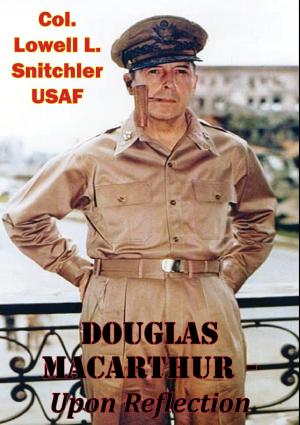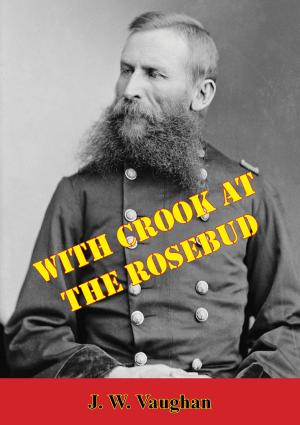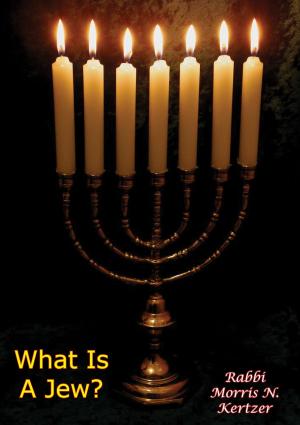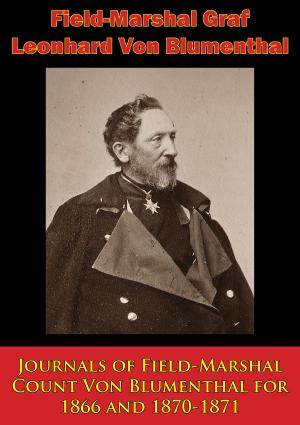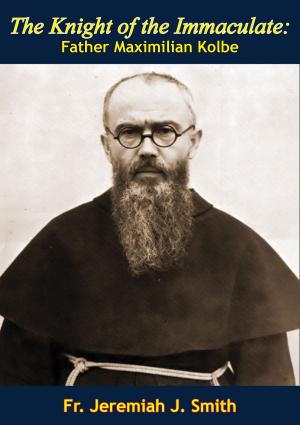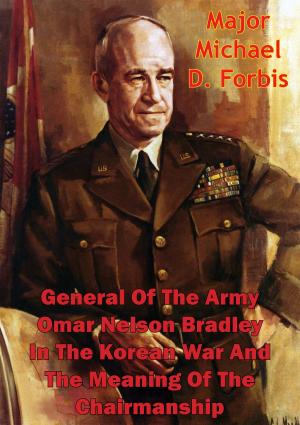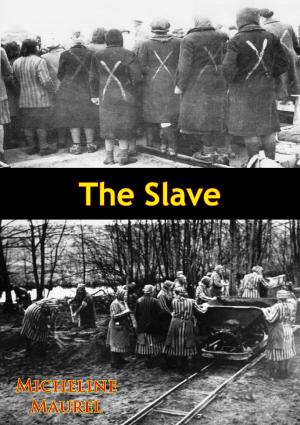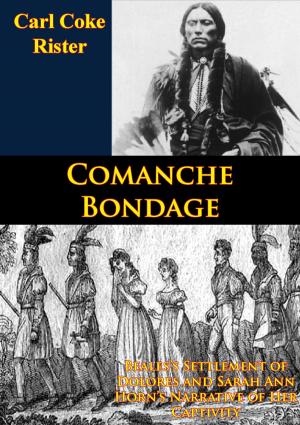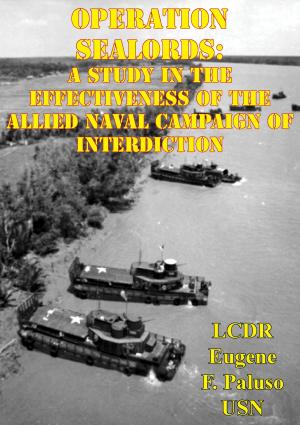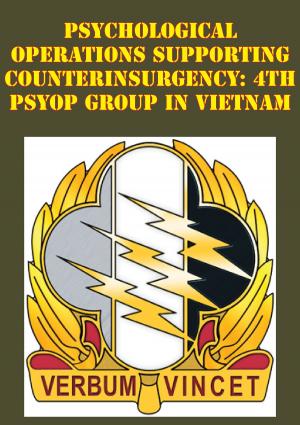Life and Correspondence of Field Marshal Sir John Burgoyne, Bart. — Vol. II
Nonfiction, History, Military, Other, Asian, Russia, British| Author: | Field Marshal Sir John Burgoyne, Bart. | ISBN: | 9781787200234 |
| Publisher: | Normanby Press | Publication: | August 9, 2016 |
| Imprint: | Normanby Press | Language: | English |
| Author: | Field Marshal Sir John Burgoyne, Bart. |
| ISBN: | 9781787200234 |
| Publisher: | Normanby Press |
| Publication: | August 9, 2016 |
| Imprint: | Normanby Press |
| Language: | English |
In this second volume Field Marshal Burgoyne letters and correspondence describe his service during the Crimean War and his later life. By the time of the conflict in Russian Sir John was inspector-general of fortifications and a major-general; he was assigned to the expedition as the chief engineering advisor to Lord Raglan. He accompanied Lord Raglan's headquarters to the East, superintended the disembarkation at Old Fort, and was in effect the principal engineer adviser to the English commander during the first part of the siege of Sevastopol. He was recalled early in 1855, and though he was at first bitterly criticized by the public for his part in the earlier and unsuccessful operations against the fortress, the wisdom of his advice was ultimately recognized. In 1856 he was created a baronet, and promoted to the full rank of general. In 1858 he was present at the second funeral of Napoleon I. as Queen Victoria's representative, and in 1865 he was made constable of the Tower of London. Three years later, on resigning his post as inspector-general of fortifications, he was made a field marshal. Parliament granted him, at the same time, a pension of £1500. He died on the 7th of October 1871, a year after the tragic death of his only son, Captain Hugh Talbot Burgoyne, V.C. (1833-1870), who was in command of H.M.S. "Captain" when that vessel went down in the Bay of Biscay (September 7, 1870).
In this second volume Field Marshal Burgoyne letters and correspondence describe his service during the Crimean War and his later life. By the time of the conflict in Russian Sir John was inspector-general of fortifications and a major-general; he was assigned to the expedition as the chief engineering advisor to Lord Raglan. He accompanied Lord Raglan's headquarters to the East, superintended the disembarkation at Old Fort, and was in effect the principal engineer adviser to the English commander during the first part of the siege of Sevastopol. He was recalled early in 1855, and though he was at first bitterly criticized by the public for his part in the earlier and unsuccessful operations against the fortress, the wisdom of his advice was ultimately recognized. In 1856 he was created a baronet, and promoted to the full rank of general. In 1858 he was present at the second funeral of Napoleon I. as Queen Victoria's representative, and in 1865 he was made constable of the Tower of London. Three years later, on resigning his post as inspector-general of fortifications, he was made a field marshal. Parliament granted him, at the same time, a pension of £1500. He died on the 7th of October 1871, a year after the tragic death of his only son, Captain Hugh Talbot Burgoyne, V.C. (1833-1870), who was in command of H.M.S. "Captain" when that vessel went down in the Bay of Biscay (September 7, 1870).
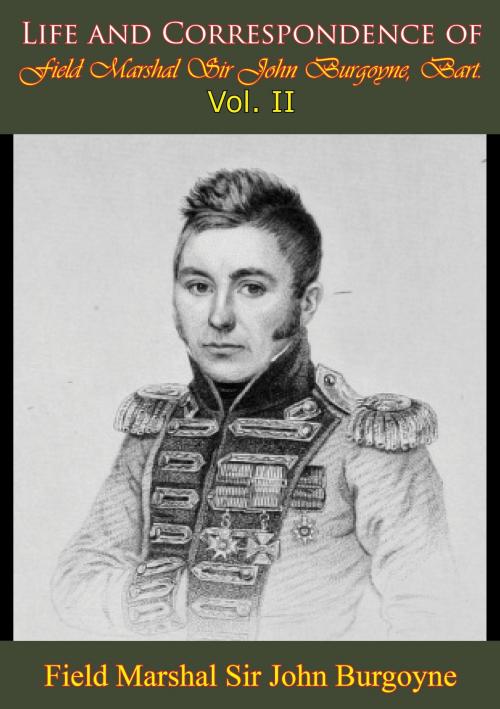
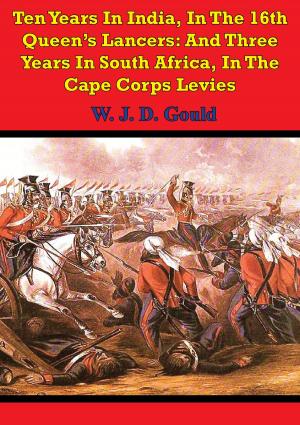
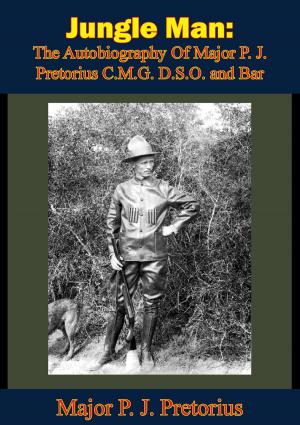
![Cover of the book Cavalry Experiences And Leaves From My Journal [Illustrated Edition] by Field Marshal Sir John Burgoyne, Bart.](https://www.kuoky.com/images/2014/august/300x300/9781782894889-gf0g_300x.jpg)
